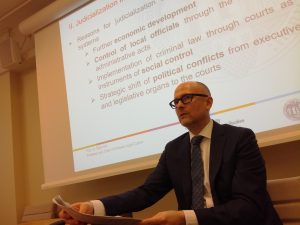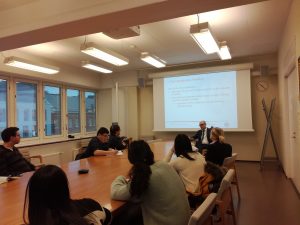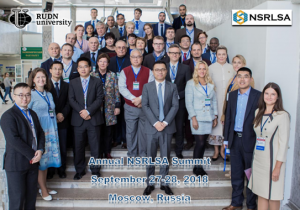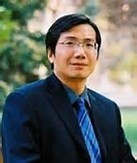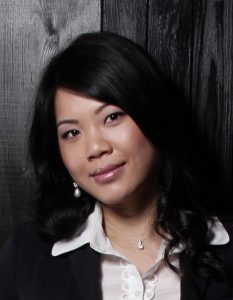Introduction to this blog post
In this two-part blog post, we would be reporting on the interview of Prof. Kimmo Nuotio, done by our research assistant, Ngor Sin. In the interview, Prof. Nuotio talked about how the China Law Center was first conceived and subsequently established, followed by his participation in the scholarly efforts on the Belt and Road Initiative and New Silk Road Law Schools alliance. Lastly, Prof. Nuotio recalled his personal experience and views on collaboration with Chinese scholars. Part II can be found here.
The first part of this interview blog post would cover Prof. Nuotio’s experience with the China Law Center, as well as his personal opinion on the impact and development of the work done by the Center. In the second part, we would cover Prof. Nuotio’s participation in collaboration with Chinese scholars in general, as well as his recent involvement in the Belt and Road Initiative scholarly efforts and the New Silk Road Alliance of Law Schools.
The birth of China Law Center
Prof. Nuotio first recalled how the idea of establishing the China Law Center came about. In 2009, the Institute of Law, Chinese Academy of Social Science (CASS Law) and the Academy of Finland agreed to collaborate in the field of comparative law, related to rule of law topics. Such collaboration resulted in several comparative law conferences held among Finnish and Chinese legal scholars, which has become a tradition since. Details of the conferences are reported on our blog: 2019, 2018, 2017).
According to Prof. Nuotio, the actual plan of building a China Law Center has been materialised in 2012-2013. Given the increase in collaboration, it has been noted that a coordinating unit between Finnish institutions and Chinese institutions is needed. Therefore, around 2012, discussions regarding the establishment of such unit initiated among the Finnish institutions, and the Center was formally launched in 2013. While the Center is based at the University of Helsinki, the whole Sino-Finnish collaboration, including the establishment of the Center, is a joint effort among all the Finnish institutions, which eventually become members of the Center.
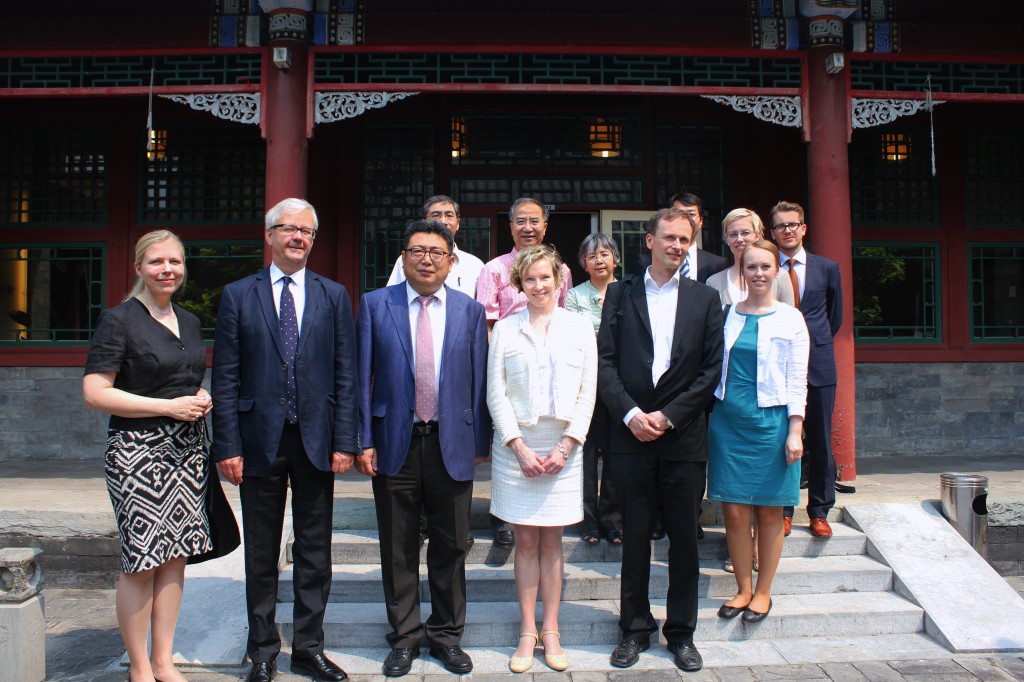
Impact and other Thoughts about the China Law Center
On the questions regarding the impact of the China Law Center on Sino-Finnish collaboration, Prof. Nuotio is very positive about the Center’s work. He referred the Center as a national center for coordination of Sino-Finnish research efforts in legal sciences. Another notable achievement that the Center has obtained would be the China Law Center collection, which has been built with the assistance of the Center’s Chinese partners, notably Faculty of Law of Peking University, and is currently hosted by the University of Helsinki Library.
On the impacts that the China Law Center might have been exerting on the scholarly scene, Prof. Nuotio noted that research efforts are usually not easily quantifiable. Instead, it is the existence of the China Law Center that leads to many other possible Sino-Finnish collaboration. In his opinion, the China Law Center presents an alternative to the Chinese scholars on possible collaboration partners and opportunities. Through the Center, Chinese scholars have started to explore European and particularly Nordic legal tradition. Although the Center is not the only European institution engaging the same kind of work, it is the first one in the Nordic countries.
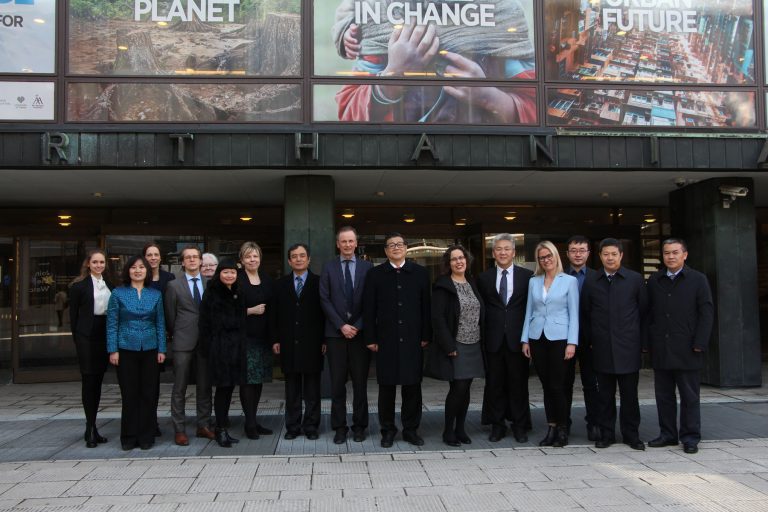
Prof. Nuotio remarked that the China Law Center is like a baby that he has built from scratch, since he has been involved in the establishment of the Center, and later was also heavily involved in the strategic development of the China Law Center. He is now very happy to see the Center’s current development and that it is very active in Sino-Finnish collaboration. He is also please to notice that every member institution of the Center is making the best use of the Center, and hope that this will continue under the new leadership of the Center’s Board.
In the next part, we will talk about Prof. Nuotio’s personal experience in Chinese collaborations and his recent involvement the Belt and Road Initiative-related projects.
Background of Prof. Kimmo Nuotio

Prof. Kimmo Nuotio is a renowned legal scholar with Chinese collaboration experience. He is currently the professor of criminal law at University of Helsinki and is chairing the Strategic Research Council. Previously, he was the Dean of the Law Faculty at University of Helsinki between 2010–2017, and was also the chair of the board of China Law Center between 2013–2019. He also has experience in collaboration with Chinese scholars and working with Chinese materials, including several seminars given at Chinese universities and academic institutions, as well as a journal article on comparative perspectives between Finnish and Chinese law — “the transformation of criminal law and criminal law theory in Finland and China”. He also recently edited a book concerning the Belt and Road Initiative — “Normative Readings of the Belt and Road Initiative”. He was also appointed as a member of Peking University Law School’s new Global Faculty in 2018.


